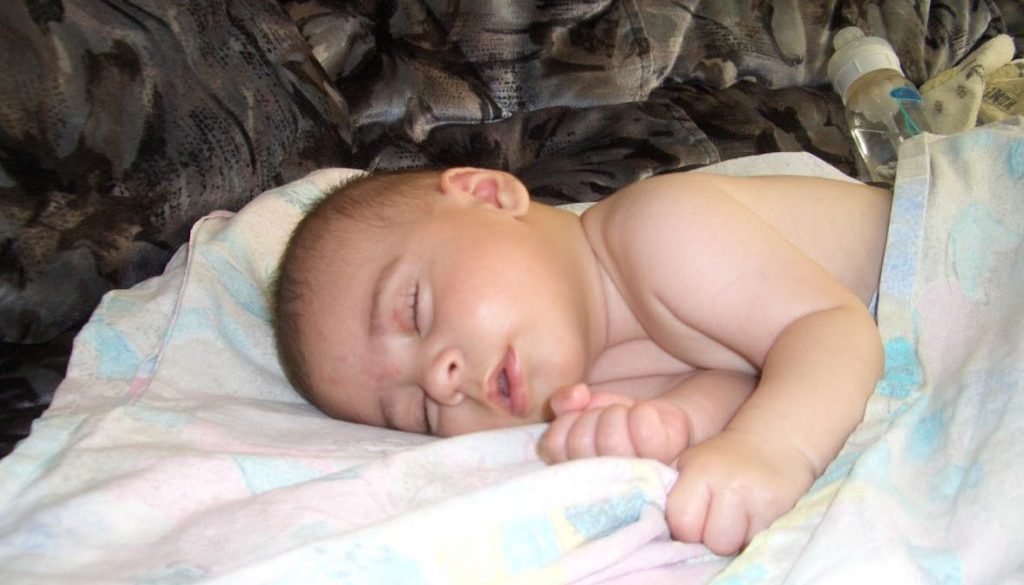Social & economic policies are the reason for low birth rate in Cyprus

POGO, the AKEL-affiliated women’s organisation, on Thursday castigated efforts to link Cyprus’ demographic issue with migration as a cheap attempt to divert attention from the difficulties young people face in starting a family, problems it attributed to the government’s social and financial policies.
The statement came in the wake a meeting of the ad hoc committee on the demographic problem which had veered off into a discussion on the relative size of families of migrants and locals.
“Putting on the scales on the one hand the birth of children by non-Cypriots and on the other those by Cypriot mothers, aims to disorient the discussion from the impasse that young couples, and mainly women, face in their decision to have a family,” it said.
Pogo said new families face a mountain of problems. Most women who work in sectors of the economy not covered by collective agreements lose more than a month’s salary for each child, since the maternity allowance is restricted to 72 per cent of their salaries.
The government’s pledge to increase maternity leave from the second child on showed how little it understood the problems facing families today, as it offered leave for the first few months but made no provision for increased costs of a child, irrespective of which number it was. Pogo suggested that both maternity leave and the allowance granted should be increased, rather than leave being used as an incentive to have more children.
Pogo also noted that this was the first government that will end its term with fewer day care centres than it started, as it is closing state facilities claiming lower demand or infrastructural issues and obliging families to turn to more expensive private day care.
Thirdly, while the rents and the cost of acquiring a home increase, the interior ministry is asking the House finance committee to authorise it to drop plans for a study on housing needs so that it can divert the funds to build additional prefabricated offices.
Pogo added that the economic crisis has brought about a deterioration in working conditions: longer hours, uninsured and unpaid work have become customary while, with the government’s approval, thousands of employees in retail work on Sundays.
“It is these and so many other issues that should be concerning to those who see the skepticism of young people to have a family and children. Migration and asylum seekers may satisfy a party audience, but in no case do they constitute part of the problem of the low birth rate in Cyprus,” it concluded.


